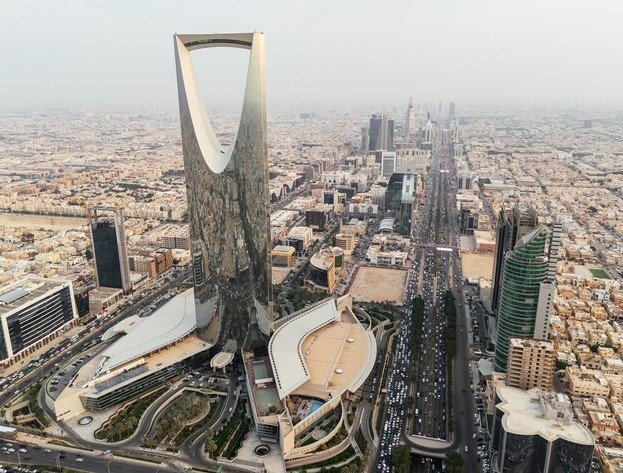Fintech dominates deal volume as Kingdom claims over half of regional VC capital for first time
Saudi Arabia has smashed its own venture capital records, pulling in $860 million in the first half of 2025 — more than it raised in all of last year and cementing its status as the region’s top startup hub.
The figure, released on Wednesday by data platform MAGNiTT and backed by Saudi Venture Capital (SVC), marks a 116% jump from H1 2024 and represents 56% of all venture capital deployed across the Middle East and North Africa.
Kingdom Climbs to the Top — And Fast
For years, the UAE led MENA’s startup scene. Not anymore. Saudi Arabia now accounts for more than half of the region’s total capital inflows and over a third of its deal volume — a stunning pivot just five years after Vision 2030 made startups a national priority.
According to MAGNiTT’s report, 114 VC deals were recorded in the Kingdom in the first six months of 2025, up 31% from the same period last year. That figure represents 37% of all MENA venture transactions — another national record.
One MAGNiTT analyst called it “a breakout moment” for Saudi tech.

Fintech Keeps Its Crown
While VC money poured into multiple sectors, one category stayed firmly in the lead: fintech.
-
30 out of the 114 deals in H1 2025 involved fintech startups.
-
That’s 26% of all transactions — more than any other sector.
Payment platforms, credit scoring apps, and embedded finance solutions continue to dominate investor interest. Several Series A and B rounds were closed by Riyadh-based startups, with participation from both local and international funds.
Interestingly, deal size skewed larger this year. A number of $20M+ deals were reported in the fintech and logistics verticals — a trend not seen at this scale before 2023.
Where the Money’s Coming From
The venture ecosystem isn’t just scaling — it’s diversifying.
According to industry insiders, Saudi-based funds remain the biggest backers, but foreign LPs are making deeper inroads. SVC’s co-investment model has helped de-risk many first-time entrants.
A partner at one Dubai-based fund explained it like this: “We used to fly in for meetings. Now we have a team in Riyadh.”
There’s also been a noticeable uptick in interest from Asia. SoftBank, Tencent, and Singapore’s GIC have all sent exploratory teams to scout startups in the Kingdom over the past three months.
One sentence here: Sovereign-backed funds like Sanabil Investments and Jada Fund of Funds continue to anchor many of the rounds.
Sector Breakdown: Fintech to Foodtech
Not all money went to finance apps. Saudi VC flows in H1 2025 show sectoral variety, though some industries clearly stood out.
Here’s a look at how deals were distributed by sector:
| Sector | Number of Deals | % of Total Deals |
|---|---|---|
| Fintech | 30 | 26% |
| E-commerce | 17 | 15% |
| Logistics | 14 | 12% |
| HealthTech | 12 | 11% |
| EdTech | 9 | 8% |
| FoodTech | 8 | 7% |
| AI & Analytics | 6 | 5% |
| Others | 18 | 16% |
What’s Driving the Boom?
A few key ingredients are fueling the Kingdom’s VC lift-off.
First, a regulatory environment that has been steadily liberalized since 2020. New sandbox programs and license frameworks have made it easier for startups to scale — especially in fintech and health.
Second, a wave of exits is starting to materialize. Two major acquisitions — a logistics startup bought by a regional conglomerate, and a healthtech app snapped up by a UAE insurance giant — gave early investors real returns.
Third, a new class of Saudi founders is gaining traction. Many are returning from global accelerators and universities, bringing with them both experience and ambition.
“You’re seeing confidence,” said one local investor. “Five years ago, startups were moonshots. Now they’re business plans with exit strategies.”
Still a Few Bumps on the Runway
Despite the record numbers, not everything is rosy. Several investors privately expressed concern about inflated valuations in certain subsectors.
Founders are also facing bottlenecks in hiring experienced technical talent, especially in AI and product management roles.
And while Riyadh is buzzing, other Saudi cities like Jeddah and Dammam remain underrepresented in deal flow — something the government is trying to change with new regional startup hubs.
But overall? Optimism is palpable.
“Saudi is no longer an emerging VC market,” said a senior partner at a European venture fund. “It is the market.”
